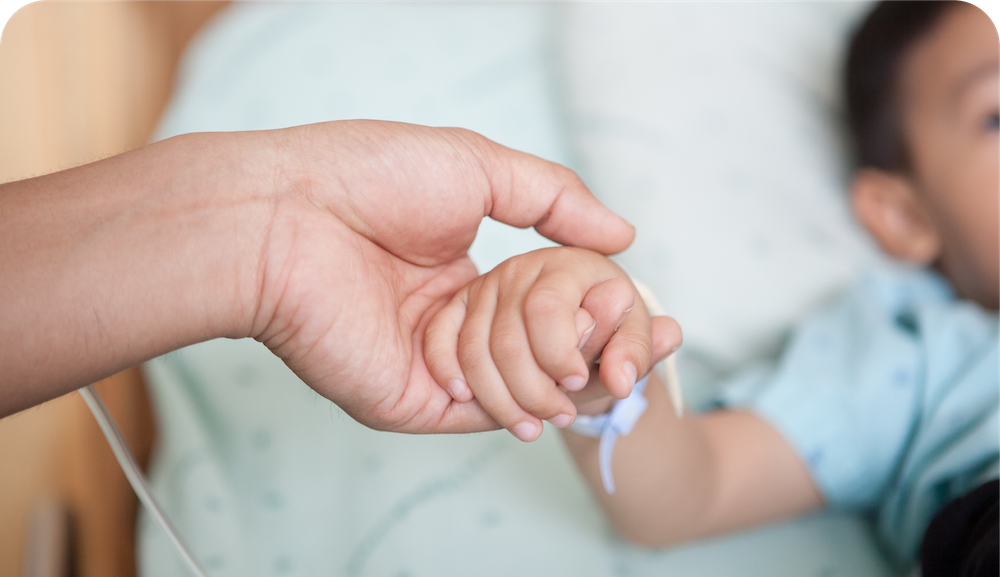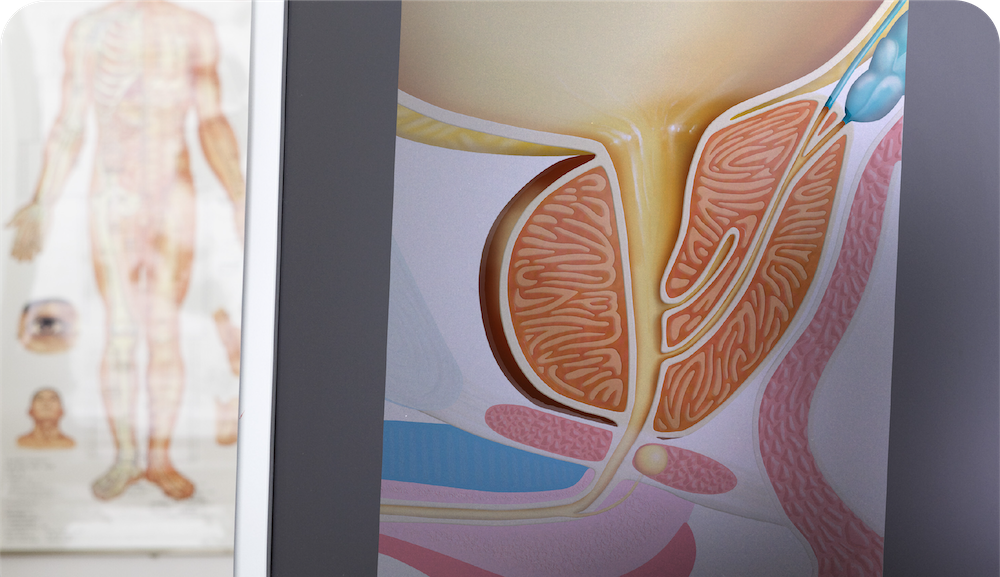
Paediatric Surgery
(General Surgery)

-
Anal Fistulectomy
-
Appendectomy (open / laparoscopic)
-
Circumcision
-
Colonscopy (diagnostic / therapeutic)
-
ERCP (diagnostic / therapeutic)
-
Esophagoscopy / Gastroscopy (diagnostic / therapeutic)
-
Excision of haemangioma
-
Fundoplication (open / laparoscopic)
-
Herniotomy (open / laparoscopic)
-
Refashioning of prepuce (for buried penis)
Paediatric Surgery
(Urological Procedures)

-
Cystourethroscopy (diagnostic / therapeutic)
-
Dismembered pyeloplasty (open / laparoscopic)
-
Transuretheral resection of bladder / urethral lesions
-
Nephrectomy (open / laparoscopic)
-
Orchidectomy
-
Orchidopexy (open / laparoscopic)
-
Suprapubic catheter insertion
-
Urodynamic studies (natural fill / pressure flow studies)
-
Ureteric reimplantation (open / laparoscopic / Pneumovescicoscopic)
-
Urethroplasty (for hypospadias repair)
-
Correction of chordee
Q&A
Yes. Any child who is still wetting his/her bed after the age of 5 years should seek medical advice. It is best to treat early as research has shown that children with bedwetting may have an adverse reaction on their self-image, have more depressive symptoms, may have disturbed sleep and can affect their cognitive ability.
This will depend on the severity or frequency of bedwetting at the time of consultation. The mainstay of treatment is medical treatment but may also involve behavioural therapy, urotherapy with biofeedback / electrical nerve stimulation, use of an enuretic alarm and occasionally minor surgical procedures. The period of treatment is case-dependent but at the end of treatment, the child is expected to be off all medication. For treatment details, it is best to discuss with your doctor.
Although some bedwetters do get better themselves as they get older, this tends to occur mainly in those with infrequent wetting of less than 1-2 nights per week. Research has shown that around 2.1% of adults have problems of persistent bedwetting from childhood if left untreated and those children with frequent wetting of 3 or more nights per week are more likely to have persistent problems of wetting into adulthood.


